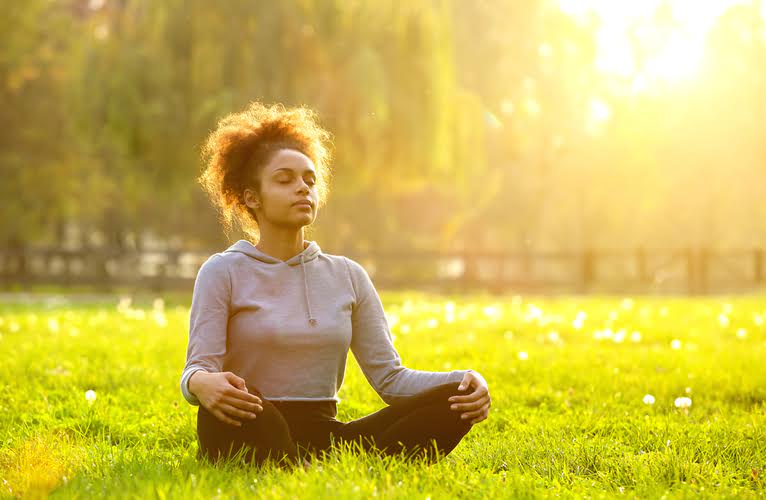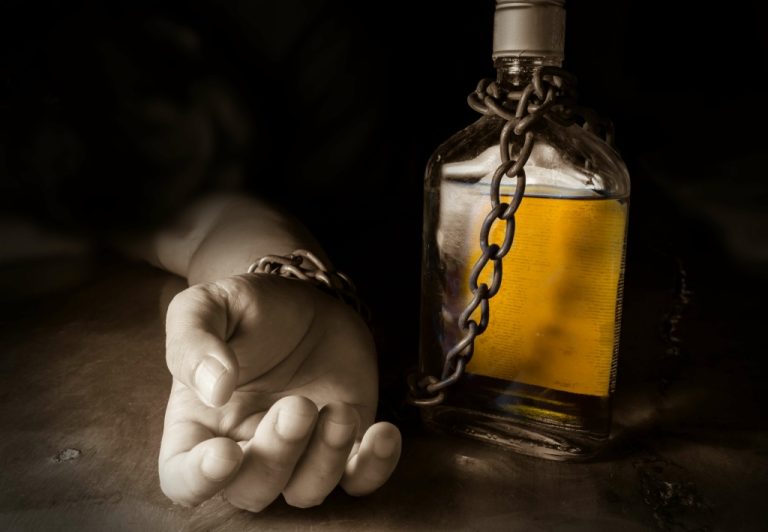Beer And Body Temperature: Why The Rise?
This happens because alcohol causes your blood vessels to expand, which is called vasodilation. Vasodilation is like widening the roads in your body to allow more traffic (blood) to flow where it’s needed, helping with things like cooling you down and getting more oxygen to your muscles. When your blood vessels expand, more blood flows to the surface of your skin. This is due to alcohol’s vasodilatory effect, which causes blood to move away from the core and towards the extremities, leading to a decrease in the body’s core temperature. As a result, people often experience an involuntary shivering or trembling sensation after consuming alcohol. The consumption of alcohol leads to blood vessels near the skin’s surface expanding, resulting in increased blood flow and a flushed appearance with a warm sensation.
- You may also find that you sweat more after you drink alcohol, because of increased blood flow in the vessels under your skin.
- This is due to the lack of aldehyde dehydrogenase 2; a compound needed to process alcohol properly.
- Your liver is actually the main heat-producing organ in your body anyway.
- In conclusion, the sensation of feeling hot after consuming alcohol is a common physiological response resulting from the dilation of blood vessels in the skin.
Alcohol Content in Wine
People who experience night sweats regularly after drinking may have an issue with alcohol. There are many risks of long-term alcohol use, including cancer and liver damage. For this reason, experts recommend seeking help if a person experiences persistent night sweats related to alcohol consumption. However, it’s best to know that drinking wine is not a reason for your body temperature to increase.
Why does wine make me feel warm?
If we had to narrow down one cause for why alcohol makes you hot, it would be alcohol induced flushing reaction (or ‘Alcohol Flush’ for short). As always, it’s also important to drink in moderation and avoid binge drinking, which could make the health risks even more likely. While a red, sweaty face may be harmless for some, it can signal potential Asian flush and health issues for others. There are also some simple ways to find relief such as helping metabolise alcohol and acetaldehyde faster with over the counter supplements.
Does the type of alcohol matter in making me feel hot?
The diuretic effect of alcohol can also contribute to dehydration, intensifying hangover symptoms and creating sensations similar to fever. People experiencing mild night sweats from occasional alcohol consumption may find relief using home remedies. Such home remedies may include staying hydrated and keeping the bedroom at a comfortable temperature. Alcohol also increases urination, which makes your body lose water along with sweat and can lead to dehydration. The hypothalamus (a region of the brain) is responsible for controlling the nervous system and body temperature. Alcohol impacts the brain and changes body temperature, and one may sweat due to this.
How does alcohol affect your body temperature?
- Alcohol acts as a vasodilator, interfering with your body’s ability to retain heat and regulate its internal temperature effectively.
- Long-term heavy alcohol drinking can also mean you’re more vulnerable to depression and anxiety, Dr. Mieses Malchuk says.
- The truth is, while our skin feels warm, our core temperature can actually drop due to increased heat loss.
Some people receiving treatment for cancer have hot flashes and night sweats. While each patient is different, sweating can happen from a tumor, the treatment itself or drugs that might be prescribed for pain or other reasons, according to the National Cancer Institute. Women approaching menopause often have hot flashes throughout the day, and some will even have hot flashes or night sweats while they sleep. Although an exact cause of why women have hot flashes is unknown, Harvard Health Publishing says some theories suggest that a drop in the body’s level of estrogen could be to blame. This drop affects the hypothalamus, a part of the brain that regulates temperature. Alcohol affects every system in your body, including the central nervous system.
our Heart Races
In fact, it’s the furthest thing from the truth — alcohol actually makes your body colder. A person may not experience any symptoms or signs of Alcohol Use Disorder liver damage or scarring, which people call cirrhosis, until the liver is badly damaged. A person should seek immediate medical attention if they experience these symptoms. It is best that people with alcohol dependency or intolerance speak with a doctor. Aayushi Gupta is a passionate health journalist with over 4+ years of experience decoding the world of diet, fitness, and intimate wellness.
Why do I sometimes sweat when drinking alcohol?

When it comes to metabolizing the alcohol in your wine, your body will work much harder. Unlike food or water, alcohol is harder to break down in the stomach. Moreso, large quantities https://hcd.saladillo.gob.ar/what-is-cognitive-dissonance-a-deep-dive-into-the/ of wine can trigger the body’s defense mechanism. As the alcohol cannot be broken down and metabolized when it’s too much, your body will begin to remove the excess in your system. We use a pharmacist-formulated blend of Glutathione, Dihydromyricetin, Cysteine, L-Theanine, & B Vitamins to stop alcohol flushing before it can begin.

The lining of your stomach is often irritated by alcohol, according to Harvard Health. Dr. Mieses Malchuk says you should also pay attention to how alcohol can interact with your medications and supplements. If you take your usual medication after a night out and suddenly feel ill or in pain, get medical attention immediately. Not to be too obvious, but if you don’t want these side effects of drinking, you’re best off limiting the amount you drink. A night out can cause all sorts of wild things to happen — besides just drunk texting your ex. Here are nine weird things that happen to your body after a night of drinking.
Get our free Health Check email
One of the best ways to prevent shivering after drinking alcohol is to stay hydrated and drink plenty of water. Additionally, eating a meal before or while drinking can help to slow the absorption of alcohol, which can help to reduce the intensity of the shivering. Furthermore, avoiding excessive alcohol consumption can also help to prevent shivering.
Additionally, it is important to ensure that the body is adequately warmed prior to consuming alcohol, as why does alcohol make me feel warm this will help to prevent hypothermia. No, feeling warm after consuming alcohol does not necessarily indicate intoxication. Additionally, the temperature at which you consume wine can also impact how it affects your body temperature. If you’re drinking wine that is served at room temperature or slightly warmer, it can contribute to that warm feeling. On the other hand, if you’re enjoying a chilled glass of wine, it may help cool you down instead.
Related Posts
Vaping vs Bongs: The Pros and Cons of Both from a Health Perspective
A few studies have shown that bongs indeed filter a significant amount of tar, toxinsRead More
What does it feel like to be drunk? Effects and stages
In terms of alcohol tolerance, it is the ability to endure the effects of ethanolRead More
12 Thoughtful One Year Sober Gifts to Celebrate a Milestone in Recovery
These tokens represent various periods of sobriety, such as 24 hours, 30 days, or oneRead More
Comments are Closed